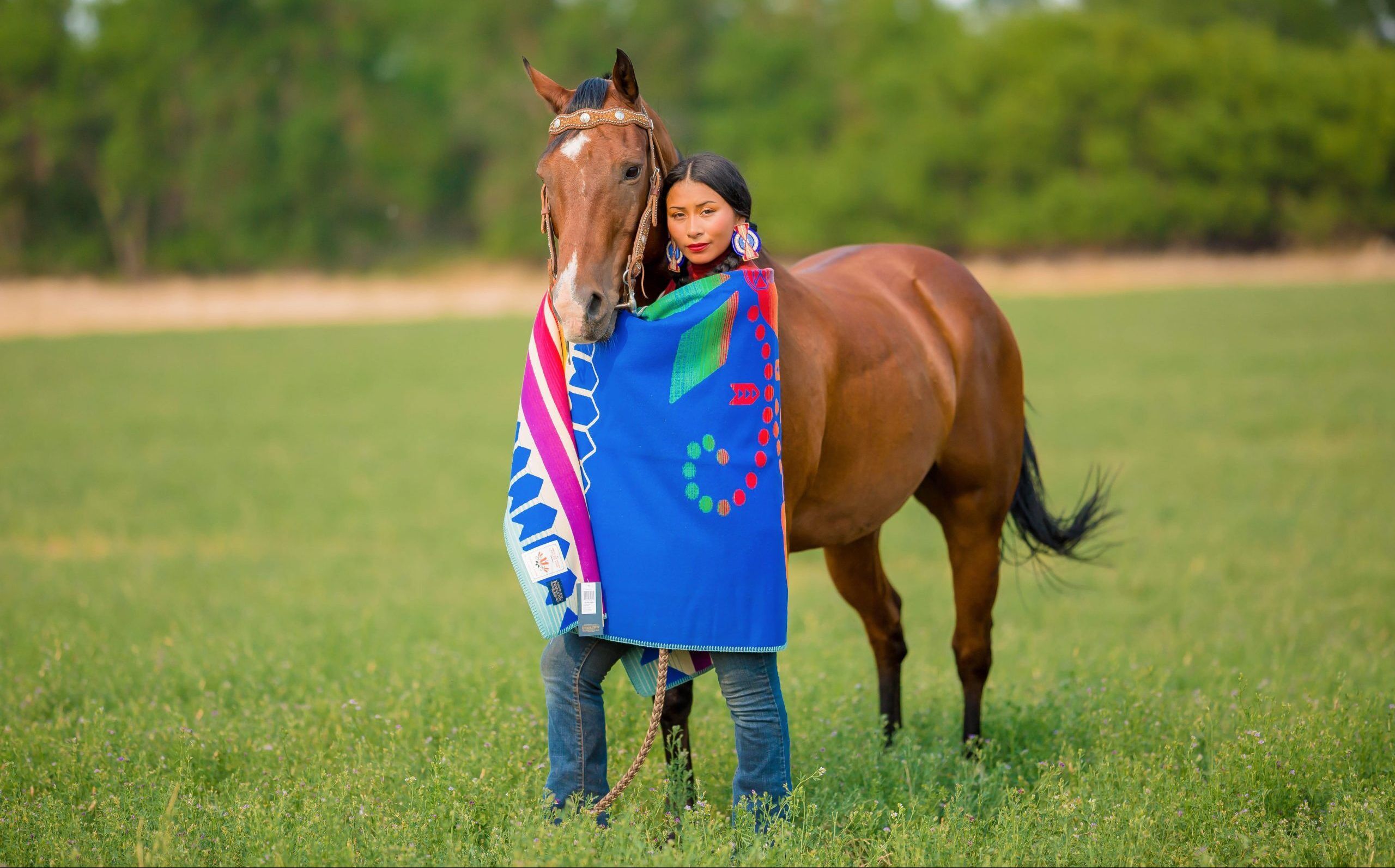Women and girls are sacred in Native communities and the disproportionate rates of violence against Native women is deeply concerning. More than four out of five of our Native mothers, aunts, sisters, and daughters experienced violence (84.3%) in 2022, according to Federal Bureau of Investigation statistics. In addition, murder is the third leading cause of death for Indigenous women, a rate that is 10 times higher than that for all other ethnicities. The ten states with the highest number of cases reported also have the largest Indigenous populations in the United States—eight of them home to tribal colleges and universities.
We need to end this crisis. It touches every one of our students, communities, and tribal colleges. And ending it requires the commitment of each of us to everyday action. We urge you to check out the six-point action plan created by the National Indigenous Women’s Resource Center to see how you can help create greater awareness and call for an end to this crisis. You will also find information there on the steps you need to take when a loved one goes missing.
Photos: Deshawna Anderson, former Little Big Horn College student, poses with the Pendleton blanket she designed in honor of Murdered and Missing Indigenous People. You can purchase the blanket at the Pendleton Woolen Mills website at https://www.pendleton-usa.com/product/courage-to-bloom-blanket/74200.html?dwvar_74200_color=53955. A portion of purchases helps support the American Indian College Fund.

